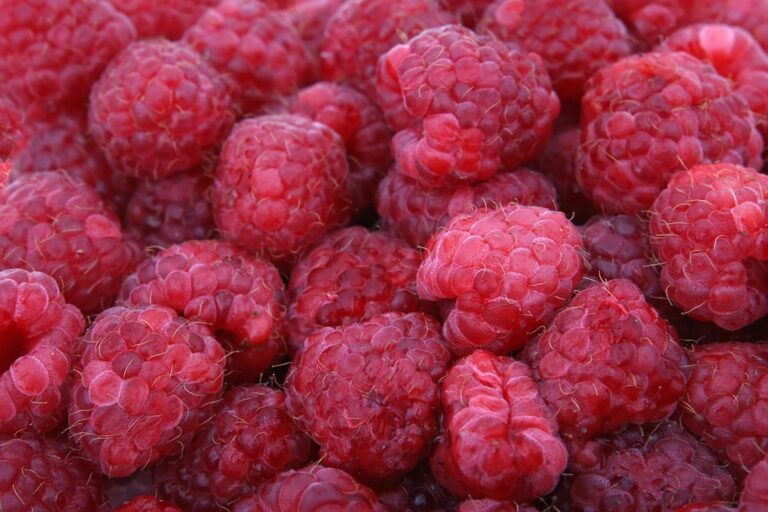Embrace the Seasons: A Guide to Fresh, Local Produce Year-Round
As we navigate through the changes of each season, one delightful aspect to consider is seasonal produce. This guide aims to illuminate the benefits of incorporating fresh, local fruits and vegetables into your diet throughout the year, enhancing both your palate and health.
Understanding Seasonal Produce
Seasonal produce refers to fruits and vegetables that are harvested at the peak of their growth cycle, making them more flavorful and nutritious. For instance, eating strawberries in summer or squash in autumn not only highlights the unique flavors of each fruit or vegetable but also offers the best health benefits associated with them. According to research from the Harvard T.H. Chan School of Public Health, fresh fruits and vegetables can significantly reduce the risk of chronic diseases, a compelling reason to embrace seasonal eating.
Why Choose Seasonal Produce?
-
Nutritional Superiority: Fruits and vegetables harvested in their natural seasons can contain more vitamins and minerals. For example, a tomato grown in the summer is rich in vitamins A and C, while the ones grown out of season may not hold the same nutritional value.
-
Cost-Effectiveness: Seasonal produce is typically cheaper. In the United States, seasonal vegetables can be up to 25% less expensive than those that are imported or out of season, according to the USDA.
- Environmental Benefits: Eating local and seasonal can significantly reduce your carbon footprint. According to the Food and Agriculture Organization (FAO), food transportation accounts for a substantial amount of greenhouse gas emissions. By choosing to eat locally produced food, you contribute to sustainability.
A Seasonal Produce Guide
Now that we understand the benefits, let’s delve into what fruits and vegetables are in season throughout the year.
Spring
- Asparagus: A great source of vitamins A, C, E, and K.
- Radishes: Crunchy and peppery, perfect for salads.
Summer
- Tomatoes: Juicy and perfect for sauces and salads.
- Berries: Strawberries, blueberries, and raspberries are at their best.
Autumn
- Pumpkins: Versatile for both savory and sweet dishes.
- Apples: Great for snacking and baking.
Winter
- Citrus Fruits: Oranges and grapefruits are at their peak, perfect for boosting your immune system.
- Root Vegetables: Carrots and beets, which are hearty and perfect for roasting.
How to Incorporate Seasonal Produce Into Your Diet
-
Plan Your Meals: Strategically plan your meals around seasonal produce. This makes grocery shopping less daunting, ensuring a varied and nutritious diet.
-
Visit Local Farmers’ Markets: Explore your local farmers’ markets to discover what’s in season. You can often find a wealth of fresh produce and even unique varieties that aren’t available at larger grocery stores.
- Preserve for Later: Consider canning or freezing seasonal bounty. Preserving extends the season’s flavors, making it possible to enjoy summer tomatoes or autumn squash in the depths of winter.
Example Analogy for Understanding Seasonal Produce
Think of seasonal produce like a live concert. Just as a band performs their best songs at different stages of their tour, fruits and vegetables shine brightest when they’re harvested at the right time. Eating out-of-season produce is like attending an off-season concert where the band plays songs that simply do not resonate as intended.
Conclusion
Embracing seasonal produce not only benefits your health and taste buds but also supports local economies and the environment. By being mindful of what’s in season, you can enjoy fresher, more flavorful, and nutrient-dense foods year-round.
For further reading, check out our articles on The Benefits of Local Farming and How to Start Your Own Garden for tips on incorporating fresh produce into your life.
If you’re interested in studies about the impact of diet on health, the Harvard T.H. Chan School of Public Health and the Food and Agriculture Organization provide extensive resources.
Disclaimer: Buzzo.live provides this article as informational content and does not assume any liability for the information presented. It is not intended as professional advice. Always consult with a qualified professional regarding dietary choices.


